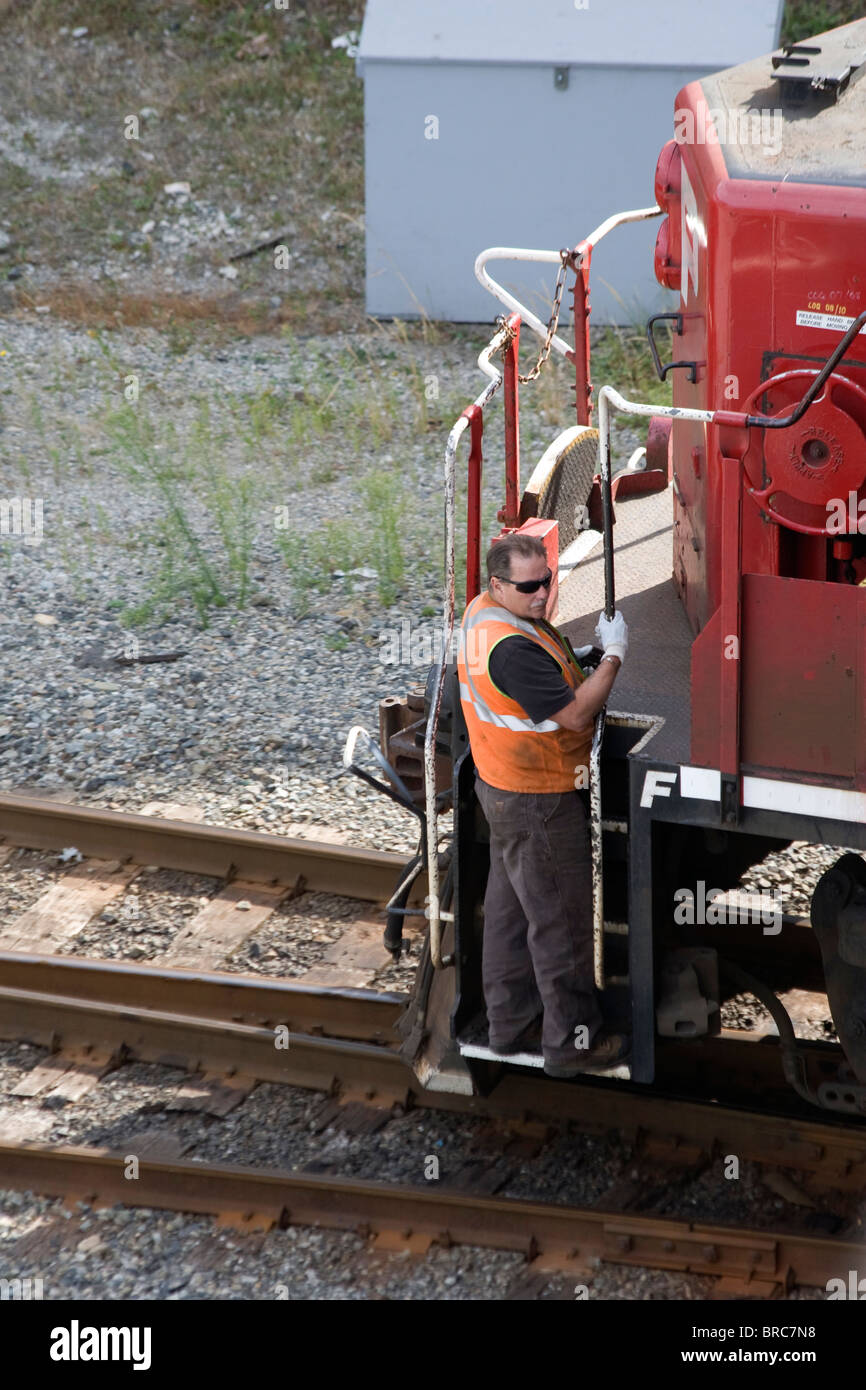

He even made Jack the baboon an official employee, paying him 20 cents a day and half of a bottle of beer each week for his work for the next nine years.Įven more surprising - Jack the baboon never made a mistake.Īfter nine years on the job, Jack contracted tuberculosis and passed away. The railroad manager was impressed, and eventually, let Jumper have his job back. Apparently, Jack never looked away from the train, ensuring his work was correct. He instructed an engineer to sound a train’s whistle, and watched, shocked, as Jack made the correct signal changes. Thinking there was no way the baboon was as competent as Jumper claimed, the manager acquiesced. Wikimedia Commons Jumper and Jack, operating the train switches.Ī railroad manager was immediately dispatched to the station to fire Jack and Jumper, but when he arrived, Jumper pleaded for their jobs, offering for the manager to test Jack the baboon’s skills. Apparently, while many people at the management office knew Jumper had hired an assistant, the fact that it was a monkey had somehow slipped through the cracks. His planet is the most magnificent and stately one that the prince has seen (15.9), but when he asks the geographer whether there are mountains and oceans on his planet, the geographer has no idea. Ironically, considering that he’s a geographer, his worldview is pretty limited. However, the idea of a baboon running the trains was worrisome to a few people and one concerned citizen alerted the train authorities. The geographer inhabits the sixth planet the prince visits. He even became something of a local celebrity and people would come from around Cape Town to watch the baboon operate the tracks. Experience switching railcars, working in the rail industry or operating a railroad locomotive is a plus, but not required. Jack picked up on this, and after just a few days, would complete the task on his own.Įventually, he could operate the railway signals on his own while under supervision from Jumper. Plant Locomotive Operator / Rail Switchman. As soon as he heard the whistles Jumper would then grab keys and slowly hobble over to the conductor. Jack also picked up things through watching Jumper, such as delivering conductor keys.Īs a train pulled into the station, it would set off four blasts from its whistle, signaling the conductor’s need for a key.
THE RAILWAY SWITCHMAN HOW TO
Jumper taught Jack how to use the train signals by holding up one or two fingers, and pulling the corresponding levers. He quickly became an invaluable asset to Jumper’s work. Eventually, Jack learned how to push Jumper to work in his wagon, switch the train signals, and even hand the conductors their keys. He was impressed with his intelligence and decided he would hire him to be his new work assistant. Jumper met Jack at the local market, leading an ox wagon. He even constructed a wooden trolley to help him get around, but despite the additions, he was still having trouble. Devastated but not disheartened, Jumper made himself two new legs out of wooden pegs and took a job at the Uitenhage station. Jumper survived, though the train had severed both of his legs at the knee. One day in 1877, he misjudged his jump by a little too much and fell under the moving train. When James “Jumper” Wide worked for the Cape Town - Port Authority Railway service, he developed a habit of leaping from one railway car to the other, even when the trains were moving.

What metaphor holds you as a model for managing relationships? Leave a comment.Wikimedia Commons Jack operating the railway switches. The railway switchman, a master or relations, and a metaphor for the mediator role. What’s important is their relationship and connections.

The prince asks the switchman if people are moving because they are unhappy, and the. As the trains roar by, the switchman explains that the trains shuttle people from one location to another.

Similarly, the mediator need not know all the particulars about the individuals involved in the dispute. The little prince continues his journey and meets a railway switchman (a worker who changes trains from one track to another). What’s important is the relations between trains. The switchman need not know all the particulars of each train.


 0 kommentar(er)
0 kommentar(er)
